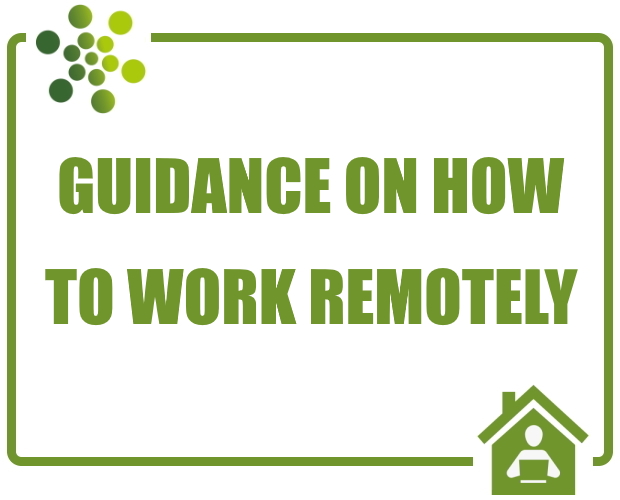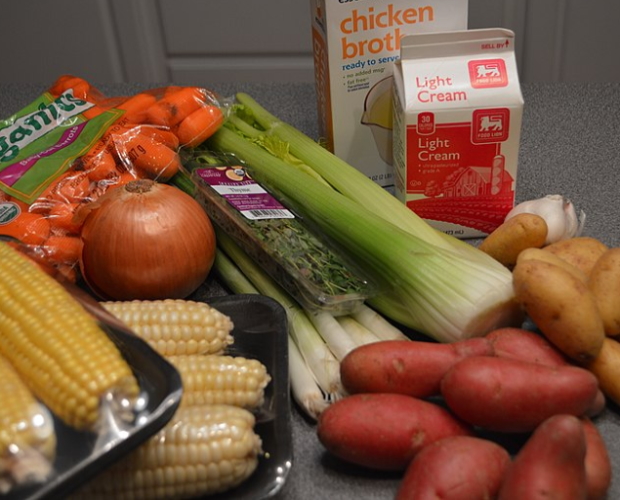T: 01822 851370 E: [email protected]
News
A new briefing note by the Centre for Rural Economy at Newcastle University considers the impact of the Covid-19 outbreak on rural economies and communities. An introduction to this note can be seen below: The Covid-19 outbreak and...
Farming UK reports that the public have been urged to re-book cancelled holidays in the British countryside once the COVID-19 crisis is over or else it could 'cripple' the rural sector Millions of people have had to cancel their...
The Somerset County Gazette rounds up some of the ways COVID-19 is affecting rural property owners and businesses The article points out that the COVID-19 outbreak has exposed the weaknesses of the supply chain with shoppers experiencing empty shelves,...
Forecourt Trader report on news that the Chancellor has been urged to ensure all ATMs operate as 'free to use' during the COVID-19 lockdown, in a collaborative letter involving the Rural Services Network ‘Never has the widespread availability of...
The Covid-19 pandemic has had a catastrophic effect with the cancellation of thousands of events and the loss of billions in income through fundraising events The Virgin Money London Marathon alone, which should have taken place on Sunday 26...
Arts Professional reports that the number of event cancellations at rural venues around the country has meant that the UK’s rural programming schemes are in crisis, as venues experience a high number of cancellations and postponements to events which were...
We asked for examples of our rural communities pulling together and have been inundated with responses so far! We feature 10 each week, and this week are pleased to feature 10 more! We have been heartened to read stories...
Help for councils on ‘how to work remotely’ The Local Government Association has published a wealth of information on their website, designed to support Local Authorities function remotely during the period of Lockdown. The Government has temporarily...
The final article in Rural Services Network (RSN) chief executive Graham Biggs and Young Somerset chief executive Nik Harwood’s mini-series for Further Education News reported this week on how the coronavirus crisis has thrown rural connectivity into the spotlight -...
Families in parts of rural England say they are totally dependent on volunteers delivering food during the coronavirus crisis In rural England many households face long journeys to buy food and this is more difficult if families are...
NEWSLETTER
Sign up to receive all our latest news and updates.
HOT TOPICS
Amid reduced public spending, fair resource allocation across regions is crucial. Despite a population larger than Greater London, rural areas receive significantly less funding for essential services, even though delivering these services in rural areas is more expensive.
Economic growth is widely acknowledged as essential for national wealth and prosperity and is a priority for political parties. Rural economies, employing millions and home to a higher proportion of small businesses, have potential for growth if barriers are removed.
Rural residents face distinct healthcare challenges, including limited access to transport, longer distances to medical facilities, an aging demographic, housing inadequacies, digital connectivity gaps, and difficulties recruiting health and care workers.
Rural communities are grappling with a severe affordable housing crisis, marked by high house prices, a lack of affordable housing, elevated living costs, and lower incomes, threatening their sustainability and vitality.
Transport is vital for the quality of life and economic health of rural areas, yet it faces challenges such as infrequent public bus services and less Government funding compared to urban regions.
Rural areas, encompassing a substantial portion of England's population and land, play a pivotal role in combating climate change and achieving the net zero target.
In an increasingly digital world, the lack of robust digital infrastructure in rural areas severely limits access to crucial services and stifles economic growth.
A future-focused vision for rural communities involves not just building the right homes in the right places but also ensuring thriving, sustainable communities.
SIGN UP TO OUR NEWSLETTER
Sign up to our newsletter to receive all the latest news and updates.













